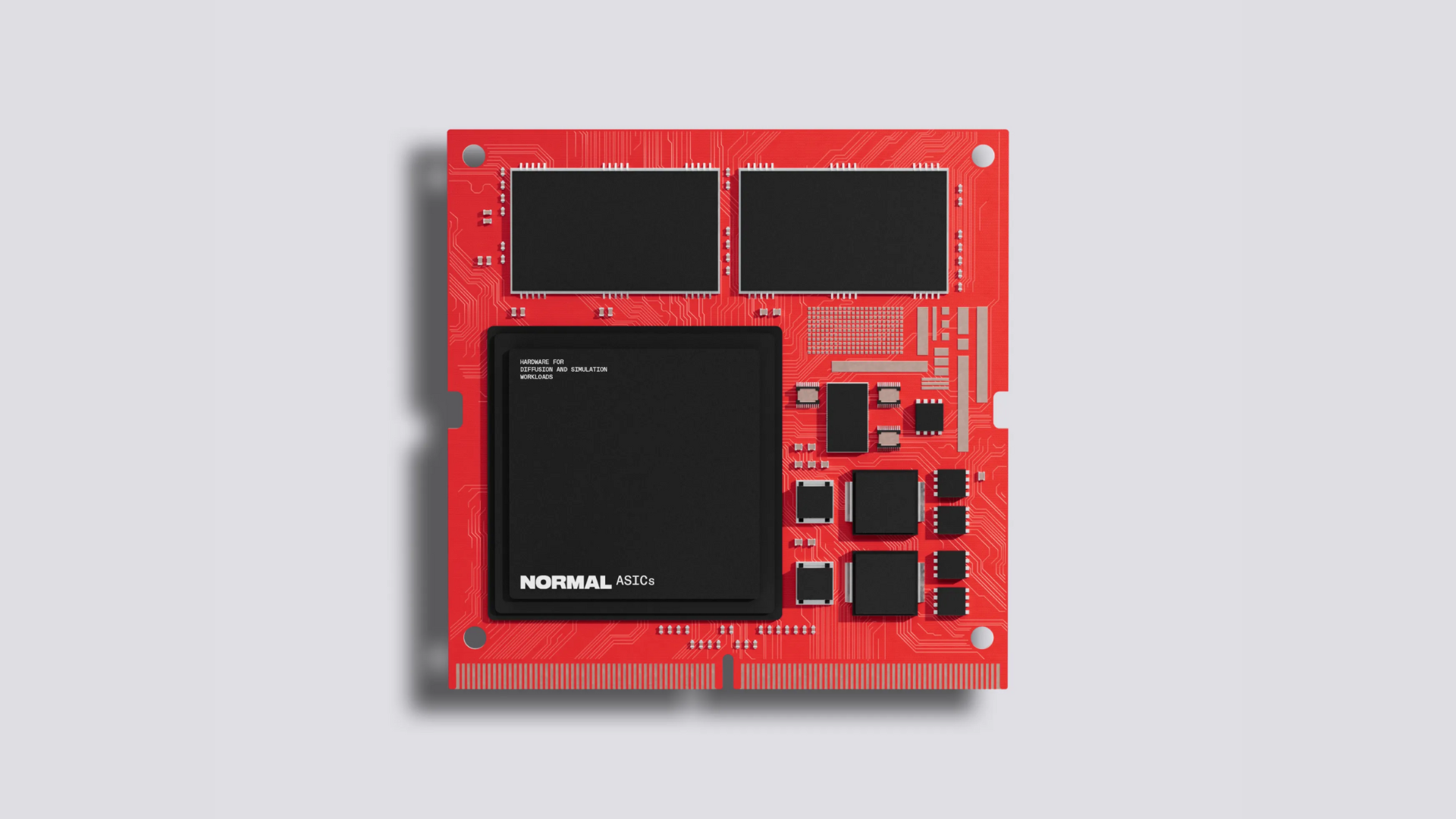I haven’t heard about thermodynamic computing before, but it sounds pretty interesting. As IEEE Spectrum explains , “the components of a thermodynamic chip begin in a semi-random state. A program is fed into the components, and once equilibrium is reached between these parts, the equilibrium is read out as the solution. This computation style only works with applications that involve a non-deterministic result … various AI tasks, such as AI image generation and other training tasks, thrive on this hardware.” It sounds almost like quantum computing to my layperson ears. [edit: fixed link]
 14·4 days ago
14·4 days ago


